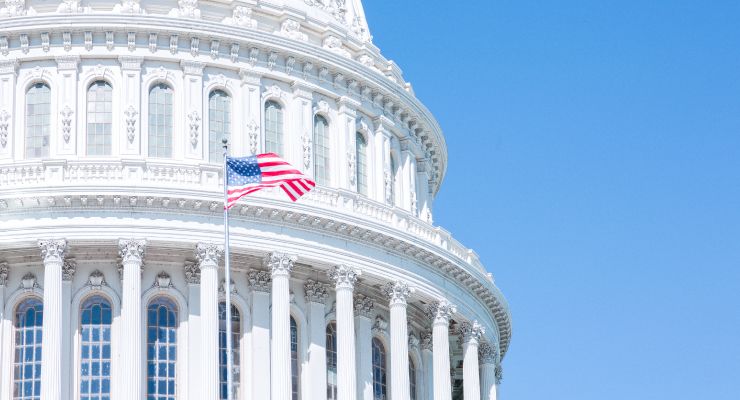Workforce
The existing demand for behavioral healthcare continues to greatly exceed the supply of qualified treatment professionals. Federal projections show the behavioral healthcare workforce will require millions of additional workers to meet current needs. People experiencing a Mental Health crisis or drug overdose face life-threatening conditions that can be treated with appropriate behavioral healthcare; however, in many parts of the United States, treatment professionals are not available to provide that care.
NABH Advocacy Steps
- NABH calls for legislation to require increased Medicare reimbursement rates for behavioral healthcare providers to levels that are more consistent with their education and credentialing, comparable with how reimbursement rates are set for general medical providers.
- This would encourage more behavioral healthcare providers to participate in the program. Moreover, because Medicare rates tend to be key benchmarks for reimbursement in commercial insurance, improvements in Medicare reimbursement should lead to better reimbursement in commercial plans and potentially Medicaid programs as well.
- The Centers for Medicare & Medicaid Services (CMS) should reexamine and require states to improve their Medicaid rates for behavioral healthcare providers to encourage greater participation in Medicaid.
- In addition, we appreciate the steps Congress and relevant federal agencies took in 2023 to expand the MH and SUD workforce by authorizing new behavioral healthcare practitioner types to bill Medicare. We support additional steps in the future to increase the behavioral healthcare workforce, including adding medical school physician training slots earmarked for students pursuing behavioral healthcare positions, additional loan repayment support, and similar efforts.












